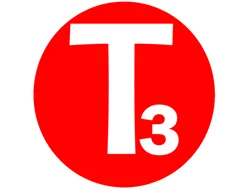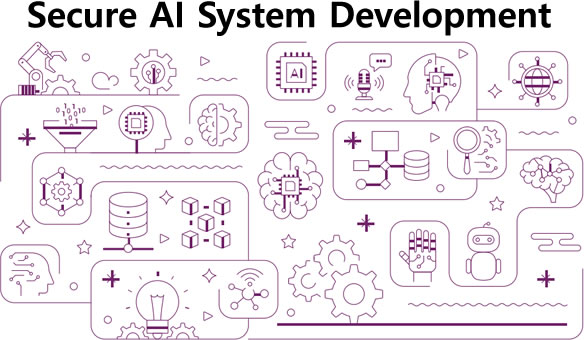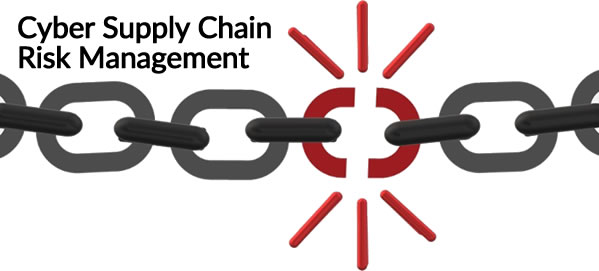Careem Taxi Service System Hacked – Millions of Users affected
April 23, 2018Afghan diplomats in Pakistan suspicious of targeted “Cyber attacks” by state-backed APT Groups
May 26, 2018Fake News & Social Media Propaganda – Impact and Effects on Election Campaigns and polls in Pakistan
When Channel4 investigated Cambridge Analytica, the company’s bosses boasted of helping swing last year’s presidential election in Kenya. Now there is further evidence about the fake news and attack ads targeting the opposition leader during the polarised and disputed election. This is election year in Pakistan and Facebook chief has warned previously that fake accounts can influence polls in Pakistan.
Fake news is a type of yellow journalism or propaganda that consists of deliberate misinformation or hoaxes spread via traditional print and broadcast news media or online social media. This false information is mainly distributed by social media, but is periodically circulated through mainstream media .Fake news is written and published with the intent to mislead in order to damage an agency, entity, or person, and/or gain financially or politically, often using sensationalist, dishonest, or outright fabricated headlines to increase readership, online sharing, and Internet click revenue. In the latter case, it is similar to sensational online “bait” headlines and relies on advertising revenue generated from this activity, regardless of the veracity of the published stories.
Fake news also undermines serious media coverage and makes it more difficult for journalists to cover significant news stories. An analysis by Buzzfeed found that the top 20 fake news stories about the 2016 U.S. presidential election received more engagement on Facebook than the top 20 news stories on the election from 19 major media outlets. Anonymously-hosted fake news websites lacking known publishers have also been criticized, because they make it difficult to prosecute sources of fake news for libel experts at Tier3 identify seven types of fake news.
- satire or parody (no intention to cause harm but has potential to fool)
- false connection (when headlines, visuals or captions dont support the content)
- misleading content (misleading use of information to frame an issue or an individual)
- false context (when genuine content is shared with false contextual information)
- imposter content (when genuine sources are impersonated with false, made-up
sources)
- manipulated content (when genuine information or imagery is manipulated to
deceive, as with a doctored photo)
- fabricated content (new content is 100% false, designed to deceive and do harm)
In the context of the United States of America and its election processes in the 2010s, fake news generated considerable controversy and argument, with some commentators defining concern over it as moral panic or mass hysteria and others worried about damage done to public trust. In January 2017 the United Kingdom House of Commons conducted a parliamentary inquiry into the growing phenomenon of fake news.
Some, most notably President Donald Trump, have broadened the meaning of fake news to include accurate news they dont like.
HOW TO DETECT FAKE NEWS:
The International Federation of Library Associations and Institutions (IFLA) published a summary in diagram form (pictured at right) to assist people in recognizing fake news Its main points are:
- Consider the source (to understand its mission and purpose)
- Read beyond the headline (to understand the whole story)
- Check the authors (to see if they are real and credible)
- Assess the supporting sources (to ensure they support the claims)
- Check the date of publication (to see if the story is relevant and up to date)
- Ask if it is a joke (to determine if it is meant to be satire)
- Review your own biases (to see if they are affecting your judgement)
- Ask experts (to get confirmation from independent people with knowledge).
The International Fact-Checking Network (IFCN), launched in 2015, supports international collaborative efforts in fact-checking, provides training and has published a code of principles. In 2017 it introduced an application and vetting process for journalistic organizations. One of IFCNs verified signatories, the independent, not-for- profit media journal The Conversation, created a short animation explaining its fact checking process, which involves extra checks and balances, including blind peer review by a second academic expert, additional scrutiny and editorial oversight
Social Propaganda:
Social Propaganda is information that is not objective and is used primarily to influence an audience and further an agenda, often by presenting facts selectively to encourage a particular synthesis or perception, or using loaded language to produce an emotional rather than a rational response to the information that is presented. Social Propaganda is often associated with material prepared by governments, but activist groups, companies and the media on social media etc can also produce social propaganda.
AFFECTS OF SOCIAL MEDIA ON POLITICAL CAMPAIGN:
The political landscape has changed quite a bit in the last couple of decades. The internet has played a large role in this transformation. Social media, in particular, is now a serious factor in political campaigns and in the way people think about issues. Candidates and their supporters constantly post their views on Facebook and Twitter. Each party has its own pages, from which it broadcasts propaganda and requests for donations The fact that is relatively new comes as perhaps no surprise, as politics are often dominated by men and women much older than the primary users of social media. While it seems this group of powerful and older people held out for as long as they could, slowly the power
of social media mandated that these people become proficient in its use. It is indeed one of the best ways to get ideas out to a large amount of people in an incredibly short period of time. As a result some people in the government have become incredibly proficient, and even proliferous in their use of social media.
A perfect example of this phenomenon is current president, Donald Trump. Trump has become famous for, among a multitude of other things, his use of Twitter. Trump has used Twitter to voice his opinions for a long time, bypassing more official, and often what would be much more censored avenues of communication. He has been both praised and criticized for this use of social media, as many politicians are.
Rumors, Fake News and Conspiracies
Political campaigns are now influenced by every story, whether true or not, that gets spread around social media. It’s getting more and more difficult to separate actual news from fake news online. Social media makes this distinction especially confusing. The constant stream of memes, links and rumors about political leaders and candidates is a mixture of truth, lies, satire and speculation.
There are now quite a few fake or satirical “news” sites that often post stories that sound authentic. there are now many others as well. Some fake news sites are not even amusing but simply exist to post clickbait stories or to troll readers who don’t do their own research.
There are also sites with political biases or those peddling various unsubstantiated conspiracy theories. It’s easy to be influenced by misinformation posted by your friends and followers, even if they don’t intend to mislead you. It’s therefore necessary to use a great deal of discernment before believing anything.
Social Media and the Future of Politics
Because social media is relatively new, we’re just starting to see its impact on society. There are sure to be many political changes that come about due to social media. There are now proposals for internet voting, which could lead to more people participating in elections. This could make social media even more influential, as people could literally vote moments after reading the latest comments or links they found on Facebook or Twitter.
Other advancements will also change politics. Polling techniques on social media will become more common and, hopefully, more accurate. More virtual political rallies and town halls will take place. As social media becomes ever more popular, its impact on politics will only increase over time. It will be interesting to observe how this plays out.
A European investigative and cyber security group – EU DisInfo Lab in 2021 has uncovered an Indian disinformation network and Fake News Network operating since 2005 to discredit nations in conflict with Delhi, particularly Pakistan.
In a detail report named as Indian Chronicles has been published which highlights the complexity of operation and how it was carried out , financed and sponsored at Indian state level. The report clearly establishes link between these fake media houses and Indian intelligence agencies. It identifies a whole network of dubious technology and digital marketing firms that just operate on behest of Indian state.






1 Comment
[…] whole process got tainted with allegations of Cyber hacking and Vote manipulation. Prior studies of electronic voting security have recommended avoiding complexity and minimizing the size of the trusted computing […]